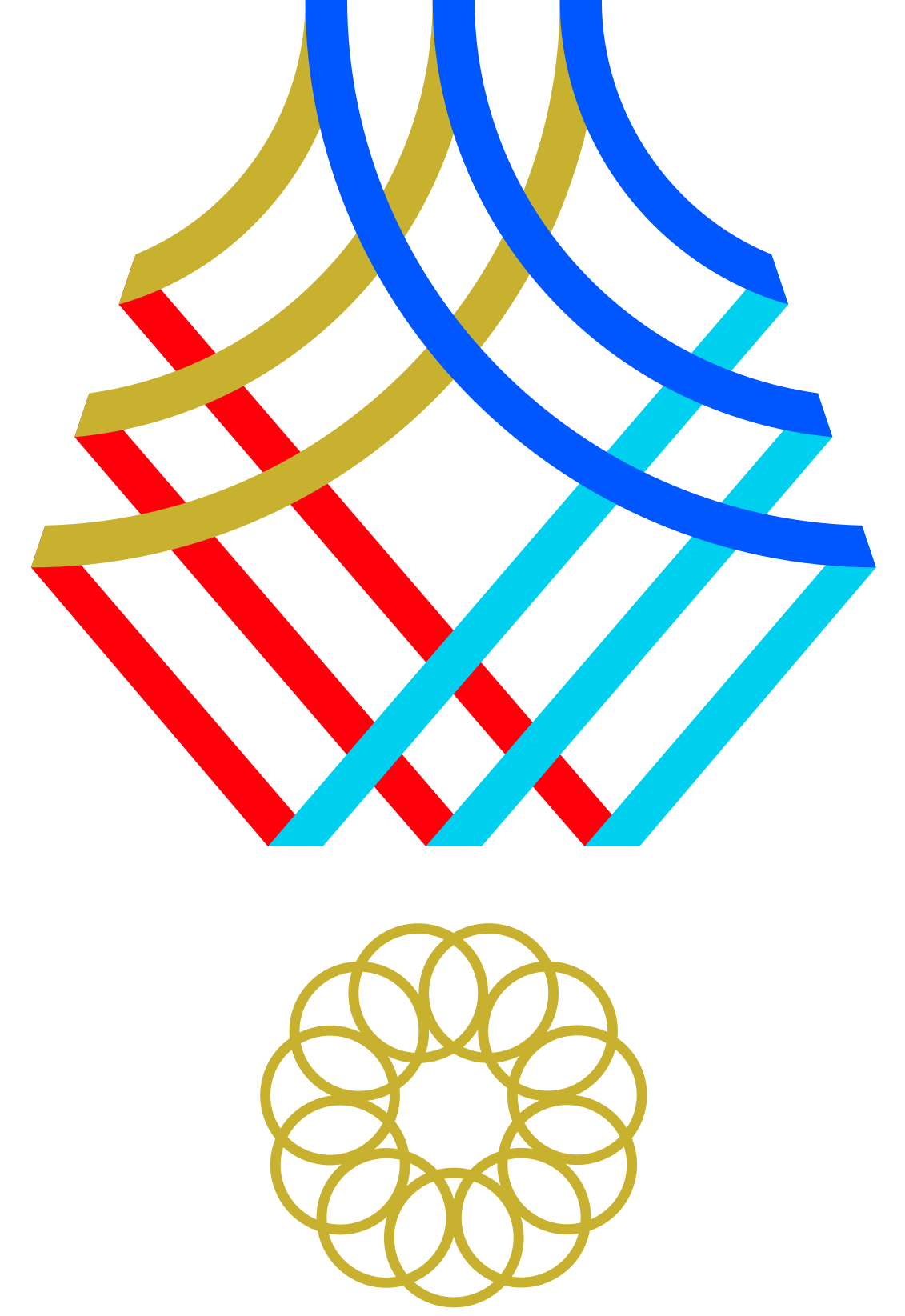BEIRUT, Sept 20: Hezbollah’s leader vowed to retaliate for two unprecedented rounds of attacks targeting its operatives’ communication devices.
Israel has not commented on the explosion of thousands of Hezbollah pagers and radios, which killed 37 people and wounded nearly 3,000 over two days this week, but it has been blamed by the Iran-backed group for the attacks,
Speaking for the first time since the deadly device sabotage, Hezbollah leader Hassan Nasrallah vowed on Thursday that Israel would face retribution.
Describing the attacks as a massacre and a possible act of war, Nasrallah said Israel would face “tough retribution and just punishment, where it expects it and where it does not”.
The device blasts and Thursday’s barrage of air strikes came after Israel announced it was shifting its war objectives to its northern border with Lebanon where it has been trading fire with Hezbollah.
Lebanese Foreign Minister Abdallah Bou Habib said the “blatant assault on Lebanon’s sovereignty and security” was a dangerous development that could “signal a wider war”.
Speaking ahead of a UN Security Council meeting on the attacks set for Friday, he said Lebanon had filed a complaint against “Israel’s cyber-terrorist aggression that amounts to a war crime”.
Iran’s Revolutionary Guards said Israel faces “a crushing response from the resistance front” after the blasts, which wounded Tehran’s ambassador in Beirut.
The preliminary findings of a Lebanese investigation found the pagers had been booby-trapped, a security official said.
The country’s mission to the United Nations concurred, saying in a letter that the probe showed “the targeted devices were professionally booby-trapped… before arriving in Lebanon, and were detonated by sending emails to the devices”.
A source close to Hezbollah, asking not to be identified, said the pagers were recently imported and appeared to have been “sabotaged at source”.
The New York Times reported Wednesday that the pagers that exploded were produced by the Hungary-based BAC Consulting on behalf of Taiwanese manufacturer Gold Apollo. It cited intelligence officers as saying BAC was part of an Israeli front.
A government spokesman in Budapest said the company was “a trading intermediary, with no manufacturing or operational site in Hungary”.
Japanese firm Icom said it had stopped producing the model of radios reportedly used in Wednesday’s blasts in Lebanon around 10 years ago. – TVS












